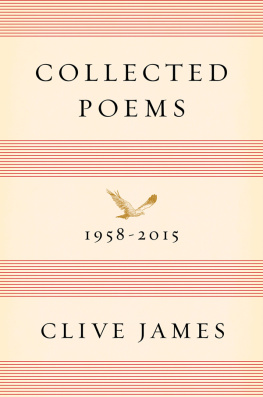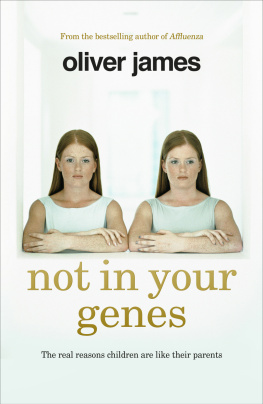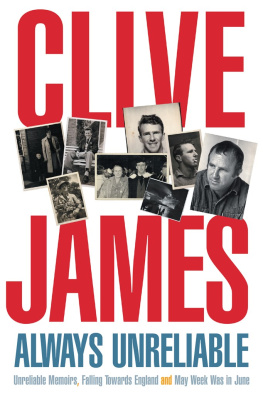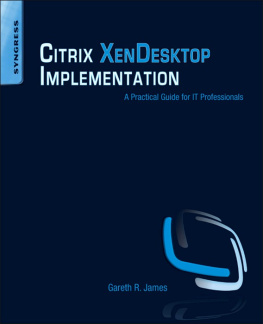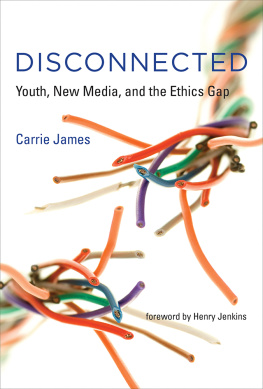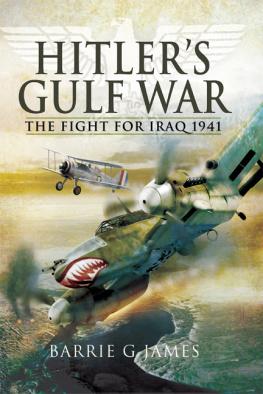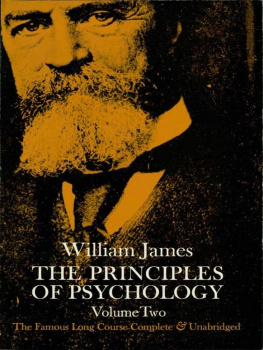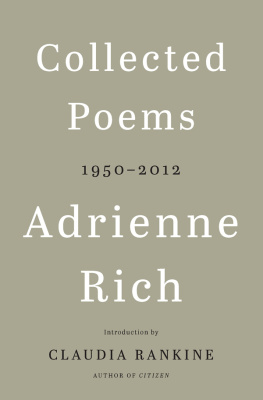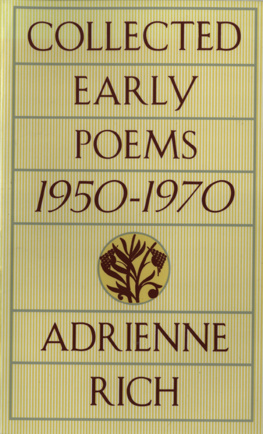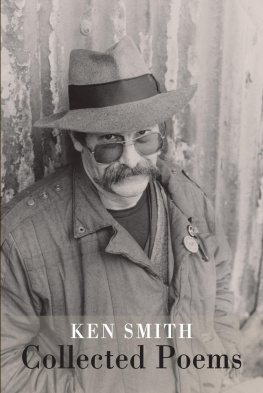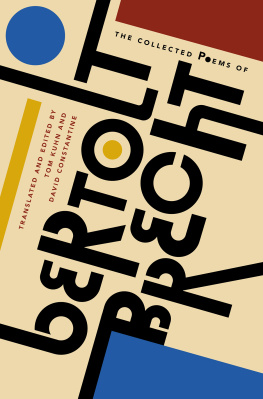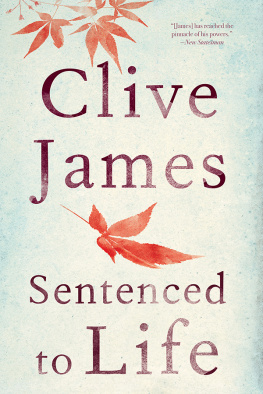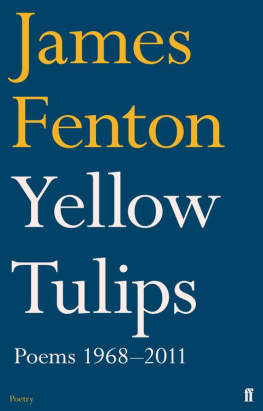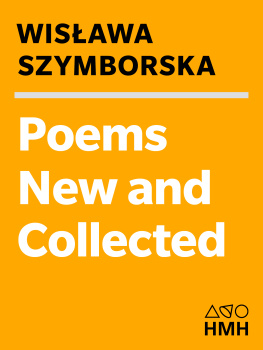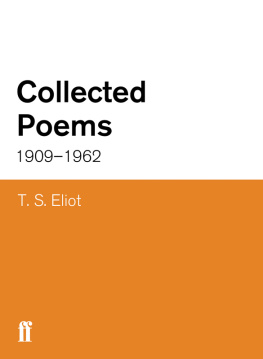James - Collected poems: 1958-2015
Here you can read online James - Collected poems: 1958-2015 full text of the book (entire story) in english for free. Download pdf and epub, get meaning, cover and reviews about this ebook. City: New York, year: 2016, publisher: Liveright Publishing Corporation, genre: Detective and thriller. Description of the work, (preface) as well as reviews are available. Best literature library LitArk.com created for fans of good reading and offers a wide selection of genres:
Romance novel
Science fiction
Adventure
Detective
Science
History
Home and family
Prose
Art
Politics
Computer
Non-fiction
Religion
Business
Children
Humor
Choose a favorite category and find really read worthwhile books. Enjoy immersion in the world of imagination, feel the emotions of the characters or learn something new for yourself, make an fascinating discovery.
- Book:Collected poems: 1958-2015
- Author:
- Publisher:Liveright Publishing Corporation
- Genre:
- Year:2016
- City:New York
- Rating:4 / 5
- Favourites:Add to favourites
- Your mark:
- 80
- 1
- 2
- 3
- 4
- 5
Collected poems: 1958-2015: summary, description and annotation
We offer to read an annotation, description, summary or preface (depends on what the author of the book "Collected poems: 1958-2015" wrote himself). If you haven't found the necessary information about the book — write in the comments, we will try to find it.
James: author's other books
Who wrote Collected poems: 1958-2015? Find out the surname, the name of the author of the book and a list of all author's works by series.
Collected poems: 1958-2015 — read online for free the complete book (whole text) full work
Below is the text of the book, divided by pages. System saving the place of the last page read, allows you to conveniently read the book "Collected poems: 1958-2015" online for free, without having to search again every time where you left off. Put a bookmark, and you can go to the page where you finished reading at any time.
Font size:
Interval:
Bookmark:
 CLIVE JAMES Collected Poems
CLIVE JAMES Collected Poems
19582015 
LIVERIGHT PUBLISHING CORPORATION
A Division of W. W. Norton & Company
Independent Publishers Since 1923
New York London Adjusting type size may change line breaks. Landscape mode may help to preserve line breaks. To Prue Or v sola una piuma, che allinvito Del vento esita, palpita leggera: Qual sogno antico in anima severa Fuggente sempre e non ancor fuggito. Pascoli A single feather sought out by the wind Hesitates and lightly trembles, As an old desire remains in a strict soul: Always about to fly but not yet flown.
Quod si inseris me lyricis vatibus, feriam sidera sublimi vertici. Horace If you rank me with the lyric poets, my exalted head shall strike the stars. Each man starts with his very first breath To devise shrewd means for outwitting death. James Cagney Contents For this collection I have chosen, from a lifetimes work in verse, only those poems and lyrics that I believe might stand alone. Previous selections Other Passports , The Book of My Enemy and Opal Sunset were already winnowings, and this volume makes even more of a point out of setting things aside that once cost many nights of labour. At the time, I thought that anything I wrote was indispensable, but eventually, sometimes after only a decade or so, a sense of proportion came to the rescue.
With a few exceptions, my longer poems have been left out on the grounds that they were tied to their time; although one day Peregrine Prykk e s Pilgrimage might return in a book of its own, because its picture of the London Literary World still strikes me as true even if most of its cast have by now been carried from the stage. The excitement of that clueless young man as he took his place among the poets and the critics was still with him as he met his doom. Excitement and poetry ought never to be alien to one another, but there is always a tendency, in the homeland of poetry in English, to look on the fabulously rich literary heritage as an established church. The privilege of the American, Irish and Australian poets not to mention poets from Canada, South Africa, New Zealand, India and the Caribbean, and there might be one from Belize is to provide fresh reminders that the tradition is not a litany, but a permanent upheaval, not to say a carnival. As an Australian in England for more than half a century, I have never felt cause to stop setting some of my poems in my homeland. The British readership likes hearing about it, and nowadays even the Americans can make a fair stab at guessing where Australia is.
As for the critics, guardians of the ramparts, eventually they have to listen to the readers: and anyway the jokes about Australian culture being a contradiction in terms are by now so out of date that only a politician would use them, out of his head on Australian wine as he does so. There are quite a few poems about Australia here, even more of them near the end than near the beginning; but really they are all about the English language, which is the powerhouse at the heart of the subject. Even a poem about nothing would have to be about that. Poems about nothing can be useful to anyone who wants to combine cult status with academic respectability, but that combination always struck me as something dependent on an abstract concept of literature, instead of arising from the sung lyricism of the English lyric before Shakespeare the same sung lyricism that my daughters heard when they bopped around with Abbas greatest hits blasting in their headphones, and that is heard today by my granddaughter, aged ten, as she contemplates on YouTube the enthralling intricacies of Taylor Swift singing We Are Never Ever Getting Back Together. When the poem strays too far from the song it risks death by refinement. Luckily, from my Cambridge Footlights days onward, I was in a position to test this idea through my working partnership with Pete Atkin.
Some of the lyrics I wrote for him are here. The music is on his albums, and shows what the form and its punctuation are meant to be like: but the lyric on the page still has the phrasing, which, for me, is the bedrock of the whole thing. If a poem or a lyric does not end up studded with turns of phrase that I had no idea were going to happen, I should not have begun it. But its easy to lay down the law now, when the light is fading. The trick is to follow your creative principles in the long years before you even know how to define them. I hope that younger readers, especially, will find this book to be a progression from one clarity to the next, even when it seems like one mystery after another.
Thats just how it was for me. Cambridge 2016 As I See You As I see you Crystals grow Leaves chime Roses flow As I touch you Tables turn Towers lean Witches burn As I leave you Lenses shiver Flags fall Shows over The Deep Six Because the leaves relaxing on the water Arrange themselves in attitudes of death Like mannequins who practise languor I know it must be autumn in the sea. When the time comes for me to take you there Through hanging gardens, and all colour trails away To leave your eyes entirely my secret And your hair like smoke rising You will never learn from me about the winter That will keep us locked at wrist and lips for ever Like a broken clockwork model of a kiss When everything is over, where we came from. Berowra Waters, New South Wales The seas of the moon are white on white towards evening Kingfisher strikes head out on the deck for the trees Veils of tulle are drawn by the dragonflies The treetops shudder to silence like coins set spinning. Fireships of cirrus assemble and ride in the west Tracksuit trousers go on, and a second sweater Baiting for low-level fish is like writing a letter To someone whose last name you caught but whose first you missed. The sun goes over the hill with a whole days flames The bottles fluoresce going down, like silver spiders The old astronomers animals graze the fields of stars The guttering cirrus drops on the tide to the Sea of Dreams.
The Morning from Cremorne, Sydney Harbour Someone sets it Turning again, Dumps of junk Jewellery doing Their slow burn: Bonbons spill, and a Rocket rips, Pops, goes haywire Inside the head Of an emerald pit Some con man sold Whos dead, perhaps. With each night showing Your share less You weep for the careless Days use: A play of light That folds each night While the milkmen dress. Con man, milkman, Someone wires The light traps, Ice fires: The hail-fall blazing Trails to dawn That will take the wraps Of white glass wool From the warships Coming into their own Cold steel. The Lady in Mourning at Camelot Before the tournament began She walked abroad in sable sack: Embattled knights rang hollow when They tapped each other on the back And pointed (Get the one in black) All plumage is but camouflage To shapeliness, this lady knew, And brilliants shame the lips and eyes: Simplicity, not sadness, so Became her (Check. She stole the show) I Swallows in leotards Burrowing holes Submarine termites Quicksilver moles Dazzling galleries Spiralling aisles Daydreams in sunlight Sinking for miles Hurtling shuttles Trip up and flee Porpoises, weaving A shot-silk sea. II In Operation Silent Sails For submarines at sea last night The porpoises, on fire with fright Blew every tube in Fylingdales.
III I take one look and I know Im dreaming Planing fins and the colour streaming Boundary layers in the mind. I take a breath and Im sure Im stalling Looping blades and the harvest falling: Grain blown back like a bugle calling Light brigades along the wind. I take my ease and Im scared Im ageing Stunting jets and a war game raging; Seas are riddled, undermined. I take my leave and I know Im crying Tears Ill be a lifetime drying, The tree house down and the peach tree dying Home behind. IV Porpoises move Through tunnels of love. Ma fu io solo, l dove sofferto fu per ciascun di trre via Fiorenza, colui che la difesi a viso aperto.
Next pageFont size:
Interval:
Bookmark:
Similar books «Collected poems: 1958-2015»
Look at similar books to Collected poems: 1958-2015. We have selected literature similar in name and meaning in the hope of providing readers with more options to find new, interesting, not yet read works.
Discussion, reviews of the book Collected poems: 1958-2015 and just readers' own opinions. Leave your comments, write what you think about the work, its meaning or the main characters. Specify what exactly you liked and what you didn't like, and why you think so.

